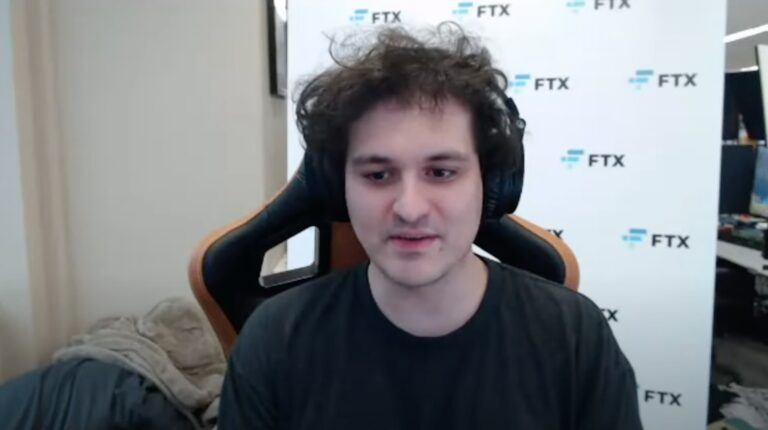A group of eight doctors specializing in neurodivergence submitted an amicus brief in support of Sam Bankman-Fried’s appeal, arguing that his autism spectrum disorder (ASD) and attention-deficit/hyperactivity disorder (ADHD) negatively impacted his trial proceedings, according to a report by Jesse Coghlan for Cointelegraph. In March, Bankman-Fried, co-founder of FTX, was sentenced to 25 years in prison for defrauding FTX customers of $11 billion.
The doctors argued that Bankman-Fried’s neurodivergence led him to give long-winded responses, which the court interpreted as evasive. They explained that individuals with ASD often interpret language literally and may feel the need to clarify questions thoroughly, which resulted in Bankman-Fried being frequently rebuked by the judge during pre-jury cross-examination.
This reprimand, the doctors argue, led Bankman-Fried to make a “significant course correction” once the jury was present, providing short and clipped responses such as “Yup.” The brief noted that these concise answers may have appeared to the jury as arrogant or indifferent, further undermining his defense. The doctors emphasized that the inconsistency in his responses was due to the pressures of his neurodivergence and the trial structure rather than intentional evasiveness.
In addition to this, the brief highlighted that Bankman-Fried lacked access to key FTX documents, which could have provided him with concrete references to anchor his responses; it argued that for individuals with ASD, having such documentation is crucial for offering precise answers, and its absence may have made him seem uncertain or evasive.
The doctors also pointed out that Bankman-Fried was not given his full dosage of ADHD medication during the early stages of the trial. They claimed he required extended-release medication twice daily to maintain focus but was only given half his previous dosage and not the extended-release version until later in the trial.









